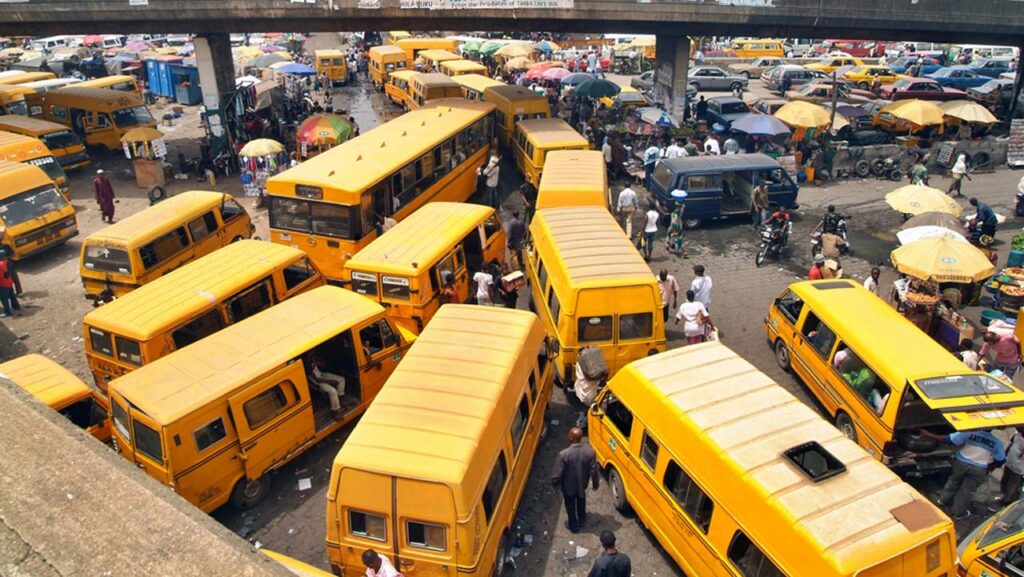
This year’s World Press Freedom Day Global Conference will be hosted in Santiago, Chile from May 2 to 4, 2024. It will interrogate the vital role of journalism and freedom of expression in the context of the current global planetary crises.
The theme is: “A Press for the Planet: Journalism in the face of the environmental crisis.” Areas of focus include, the significant role played by the press, journalism, access, and dissemination of reliable information to ensure and secure a sustainable future that respects the rights of individuals and their diversity of voices, as well as gender equality.
The role of other critical voices, such as scientists and artists, will also be discussed. The urgency of tackling the massive waves of dis-and-misinformation about the current global environmental crisis will occupy a prominent space in this year’s agenda.
The Day’s Global Conference is UNESCO’s landmark event to commemorate and promote press freedom globally. Proclaimed by the UN General Assembly in December 1993, this day serves to celebrate the fundamental principles of press freedom, remind governments of the need to respect their commitments to press freedom, and assess the state of press freedom worldwide.
The 31st edition of World Press Freedom Day will highlight the significant role played by the press, journalism, access, and dissemination of information to ensure and secure a sustainable future that respects the rights of individuals and their diversity of voices, as well as gender equality.
The Day will serve as a platform to bring together key actors and reflect on the fundamental role of journalism and reliable information in protecting our planet and discuss topics, including: The importance of reliable and accurate information, especially that which denounces and investigates the environmental crisis and its effects.
The importance of reliable and accurate information, especially that which denounces and investigates the environmental crisis and its effects. Violence faced by journalists and communication workers when promoting sustainable development and environmental protection, encouraging a gender-responsive perspective that promotes non-sexist journalistic discourse.
Support for the media to strengthen their institutional capacities to report on climate change and environmental crises, paying special attention to the viability of the media.
Dis-and misinformation about environmental issues and its impact on public and political support for climate action, effective policies, and the protection of vulnerable communities affected by climate change.













